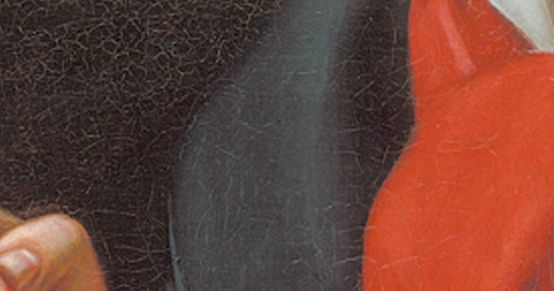Quintet in E flat major
Beethoven every Friday: to mark his 250th birthday, we take a look at one of his works every week. Today it's the quintet for piano, oboe, clarinet, horn and bassoon.

According to Count Waldstein's ideas and wishes, Beethoven was to live in Vienna "Mozart's spirit from Hayden's hands" received. Due to the circumstances (Mozart had died unexpectedly ten months earlier), the classical triad had already been named in 1792, even before Beethoven had been able to develop his own style. This privately imposed obligation on his departure from Bonn was, however, more likely to lead to Beethoven soon exploring his legacy creatively and independently, not always allowing himself to be swayed by the well-meaning Haydn. (Brahms had it with Schumann's prominently printed essay New lanes far more difficult to roll the publicly imposed burden off one's own shoulders).
What Waldstein could not have known in the days of his farewell, of course, and what still amazes him today, is that Beethoven based his Quintet for Piano, Oboe, Clarinet, Horn and Bassoon in E flat major op. 16, which he sketched in Berlin in the spring of 1796, very specifically on a work by Mozart - the Piano Quintet K. 452. "for the best thing I have ever written in my life". It is not only the instrumentation, which was unusual for the time, and the key of E flat major, which was convenient for wind instruments, that are identical, but also the movement sequence and character. Beethoven demonstrates even more in the Andante cantabile pays musical tribute to his role model: the theme plays, recognizable to everyone, on Zerlina's "Batti, batti, o bel Masetto" from the Don Giovanni on. However, an incident handed down by Ferdinand Ries on the occasion of a Viennese performance of the piano quintet shows that Beethoven not only began to fantasize during the cadenzas of his piano concertos, but also knew how to expose himself in other places: "In the last Allegro there is a stop a few times before the theme begins again; during one of these Beethoven suddenly began to fantasize, took the Rondo as his theme and entertained himself and the others for quite some time, which was not the case with the accompanists, however. They were indignant and Mr. Ramm was even very upset. It really looked strange when these gentlemen, who expected to start again at any moment, kept putting their instruments to their mouths and then calmly taking them off again. At last Beethoven was satisfied and fell back into the rondo. The whole company was delighted."
Listen in!







